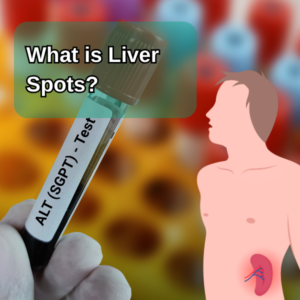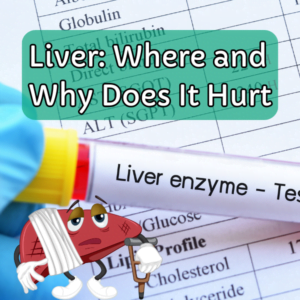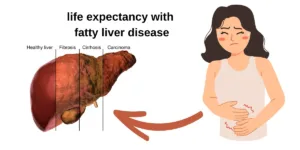+90 533 813 89 77
info@bookingforhealth.com
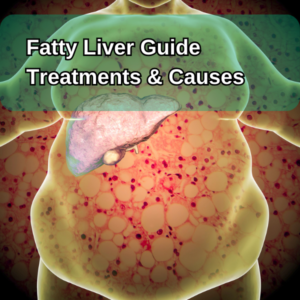
Fatty Liver 101: Conquer with Empowerment and Vital Mastery
In this artice you will get some information about what is fatty liver disease causes symptoms treatment?
What is Fatty Liver?
Fatty liver disease, also known as hepatic steatosis, is a condition characterized by the accumulation of fat in the liver cells. This common yet often overlooked health issue can lead to more severe complications if not addressed in its early stages. In this article, we will explore the causes, symptoms, and treatment options for fatty liver disease.
Causes
Alcohol Consumption and AFLD
Uncover the link between excessive alcohol intake and Alcoholic Fatty Liver Disease (AFLD), where chronic alcohol abuse triggers fat accumulation in liver cells.
Non-Alcoholic Fatty Liver Disease (NAFLD)
Delve into Non-Alcoholic Fatty Liver Disease (NAFLD), a condition tied to metabolic factors such as obesity, insulin resistance, and elevated blood sugar levels.
Genetic Predisposition
Understand how genetic factors play a role in FLD, influencing the body’s fat processing and storage mechanisms.
Rapid Weight Loss Impact
Learn about the connection between rapid, significant weight loss and the development of FLD, whether through crash diets or bariatric surgery.
Cholesterol and Triglyceride Influence
Explore how heightened levels of cholesterol and triglycerides contribute to fat accumulation in the liver.
Symptoms
Fatigue
Unravel the impact of persistent tiredness and low energy levels.
Abdominal Discomfort
Explore the discomfort or pain experienced in the upper right side of the abdomen.
Swelling
Understand the link between FLD and abdominal and leg swelling due to fluid retention.
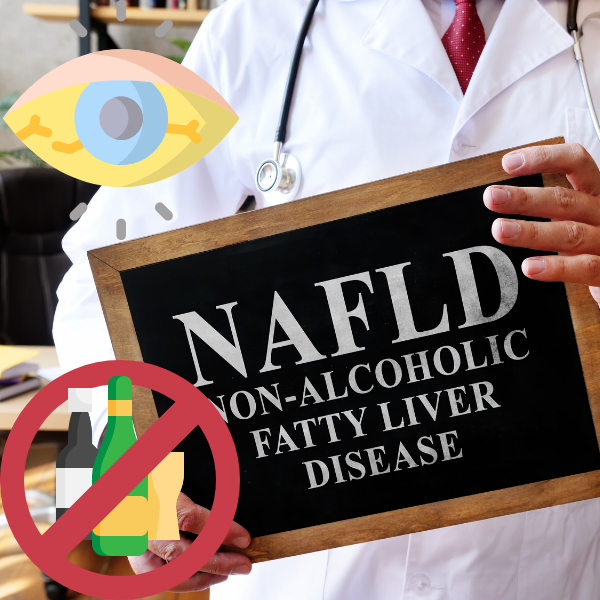
Jaundice
Learn how liver dysfunction manifests through yellowing of the skin and eyes.
Unexplained Weight Loss
Uncover the connection between FLD and unintended weight loss.
Treatments
- Lifestyle Optimization:
- Unlock the power of adopting a healthy diet and regular physical activity to manage and prevent FLD.
- Controlled Alcohol Intake:
- Gain insights into the critical role of moderating or eliminating alcohol consumption for those with AFLD.
- Medications for Underlying Conditions:
- Explore the prescription medications that may help manage underlying factors like insulin resistance or high cholesterol.
- Monitoring and Follow-up Strategies:
- Understand the importance of regular monitoring through blood tests and imaging studies to track FLD progression and treatment effectiveness.
- Advanced Therapies and Liver Transplantation:
- Delve into advanced therapeutic options, including the consideration of liver transplantation in severe cases.

